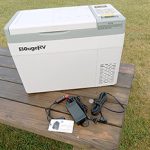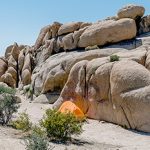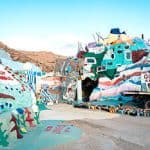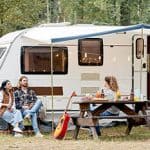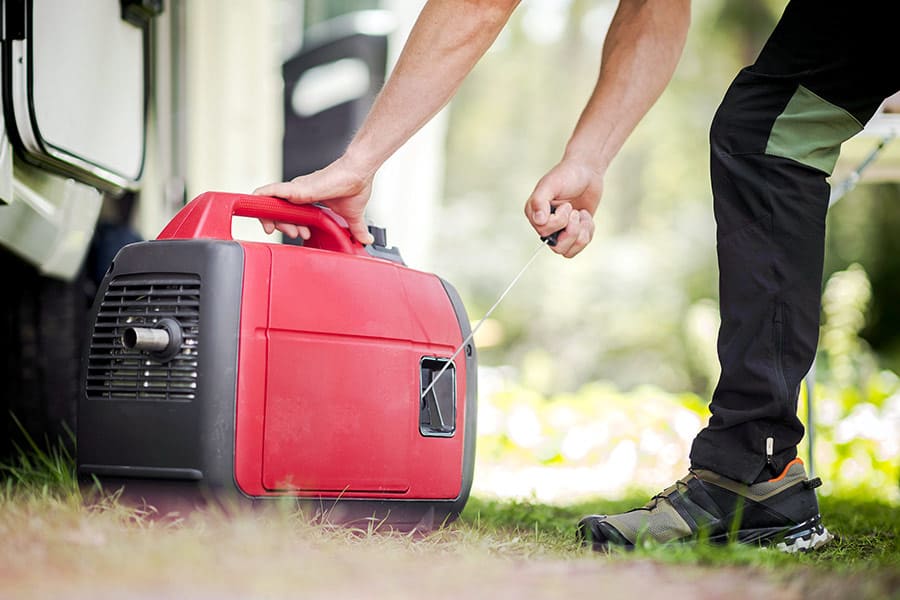
Generators have become increasingly popular, providing campers with a convenient power source for small refrigerators, inflating air mattresses, and operating other necessary camping equipment. But how loud can a generator be in a national park?
This blog post will discuss the regulations regarding generator use in national parks, the potential impact of excessive noise on wildlife and human visitors alike, and some strategies for reducing generator noise in these areas.
Generators and National Parks: What You Need to Know
National parks are meant to be a place of serenity, where you can escape the hustle and bustle of everyday life and enjoy nature in all its glory. Being able to hear the birds, feel the gentle breeze, and listen to nature is what makes national parks so special.
But if a generator is disrupting these natural sounds with too much noise, it can disrupt this balance, so it’s important to know how loud a generator can be in a national park.
The National Park Service prohibits using generators or motorized equipment that produces noise louder than 60 decibels, measured on the A-weighted scale at a 50-foot distance, or any noise considered unreasonable.
Generators any louder than that could become a distraction for other visitors trying to enjoy themselves. Using a generator in the national parks at acceptable decibel levels can help preserve the beauty of nature while still giving visitors access to power when needed.
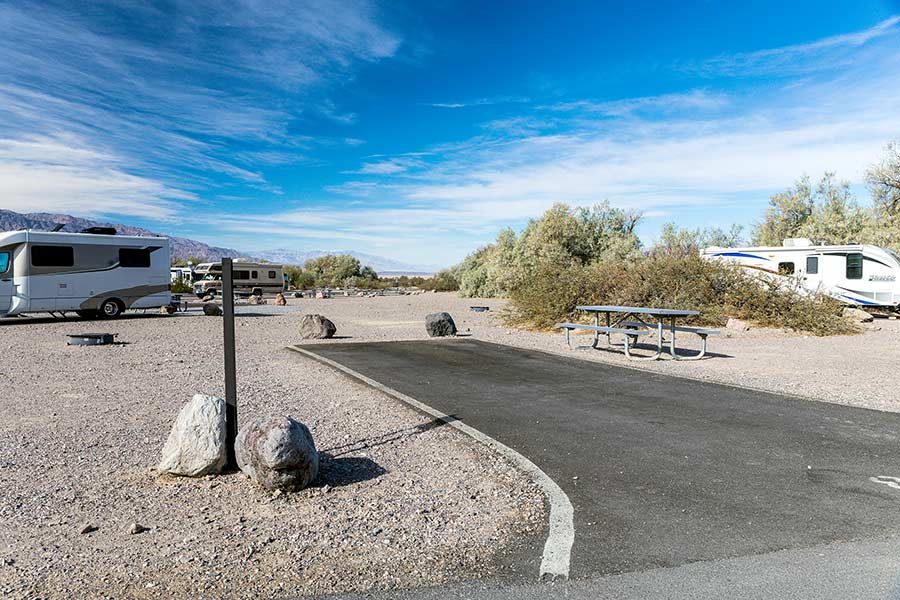
Decibels, also known as dB, are used to measure sound or noise intensity. Usually, decibels are measured on a logarithmic scale so that changes in sound pressure levels can be measured conveniently. The decibel scale is structured such that 0 decibels is set to be the quietest audible sound and anything above 80 decibels is considered potentially damaging to hearing.
It’s worth noting that the 60 dB limit is not a universal regulation for all national parks. Certain parks may have more stringent guidelines, so asking a local park ranger before setting up a generator is a good idea. Furthermore, explicit areas within a park, such as designated quiet zones, may have lower noise limit restrictions.
Parks usually mandate the shutdown of generators during specific times of the day (Quiet Hours) to further minimize noise levels. By adhering to these guidelines, visitors can guarantee that their generator doesn’t impact the park’s natural surroundings.
Types of Generators and Their Noise Levels
Generators can provide a much-needed source of power while camping. Different pieces of equipment can be used in a variety of situations while camping, but one most popular types are generators, including gas-powered, dual-powered, and solar-powered generators.
Gas-powered generators offer the convenience of running without needing sunlight, but they require fuel and may cause noise pollution in the area.
Solar-powered generators do not emit fumes; however, they need sunlight to function effectively. Both types have pros and cons, so campers must identify the best type for their needs when deciding which generator to purchase or bring along on trips.
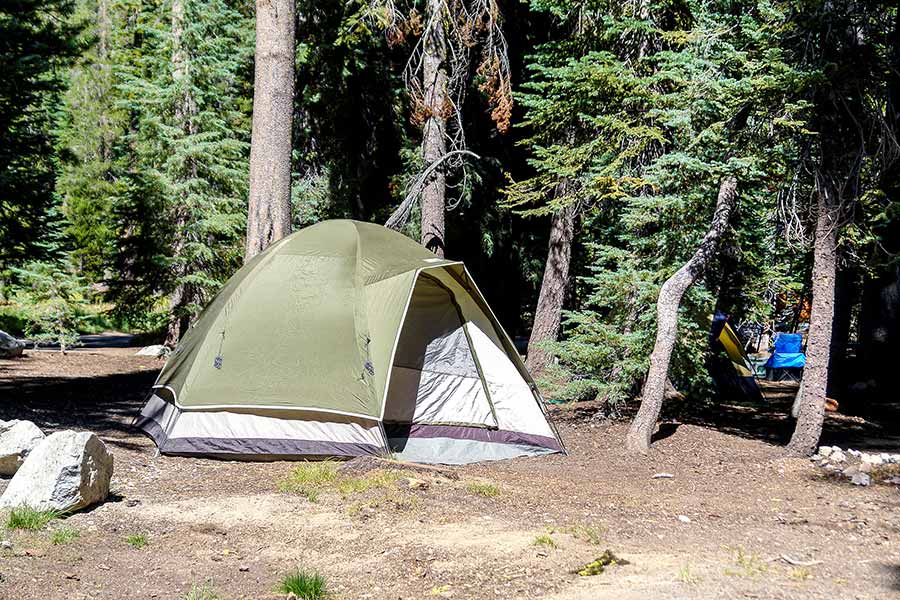
Access to electricity can make your trip much more enjoyable when camping. But choosing the right generator can be daunting, especially with so many different types of generators on the market.
One parameter that is important to consider is noise. Different types of generators generate varying noise levels, so research ahead of time to find one that meets your needs. For example, inverter generators are quieter than standard gas generators and are ideal for those who want to limit their noise level while camping.
Ultimately, it’s up to each individual to decide which kind best suits their needs, but the amount of noise generated should be taken into account when making a decision.
The noise level of a generator is determined by several factors, including its age and the condition of its maintenance. Old or poorly maintained generators often generate more noise than newer ones, as worn parts and eroded pieces will cause the noise to resonate louder.
Likewise, regular maintenance can ensure your generator runs optimally, therefore producing less noise. With proper upkeep, noise levels can be minimized so that you can use your generator without aggravating your neighbors or damaging your ears with a loud noise.
Other Posts of Interest
- Is It Safe To Burn Treated Wood In A Campfire?
- Ram ProMaster vs. Mercedes-Benz Sprinter: Which Is Right For You?
- 20 Ways To Cook Over A Campfire
- Are Sprinter Vans Worth The Money?
Tips for Reducing Generator Noise
Reducing noise from a generator while camping can be tricky. Thankfully, several noise-reduction techniques can make a world of difference. First, try to keep the generator away from people and tents whenever possible.
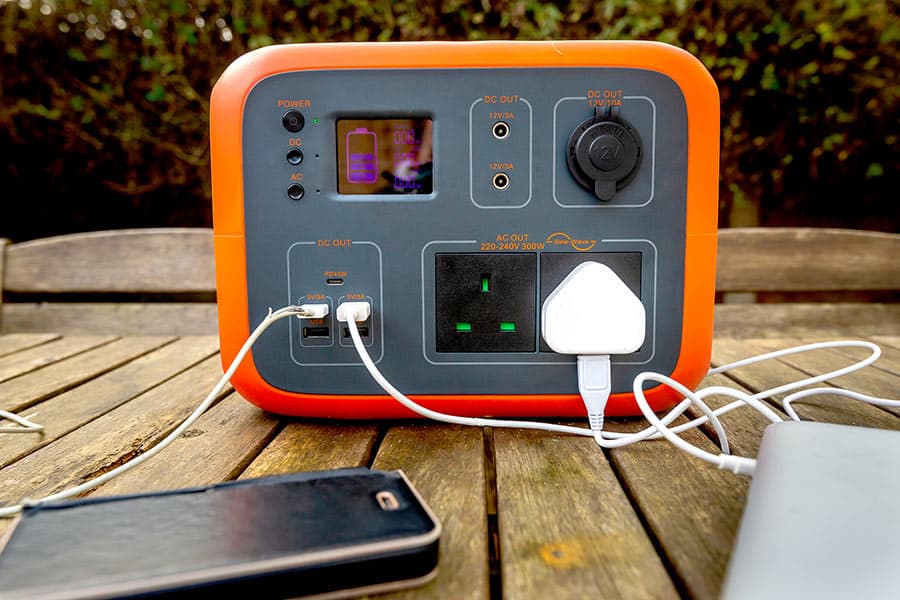
Additionally, noise-canceling blankets, noise-proof enclosures, or noise deflectors can help absorb excess noise from the generator. Some manufacturers even sell additional “silencing kits” that increase their product’s noise abatement capabilities.
Clean your generator regularly to make sure that dust and dirt are not preventing maximum efficiency. It’s also recommended to give it a tune-up every year or two and change the oil and air filter regularly.
Finally, try to run the generator for only short spurts of time; doing so will keep noise at a minimum, conserve fuel, and possibly extend the life of your generator too.
Solar Generators for Camping
Solar generators are a great alternative to traditional generators when camping. They generate electricity from the sun’s energy using solar panels, meaning they require no fuel or maintenance and have zero emissions.
Solar generators are available in a range of sizes and can provide enough energy to power small appliances and charge devices, including laptops, phones, and cameras. However, they work best in sunny locations, so it is important to look at the solar potential of your campsite before investing in one.
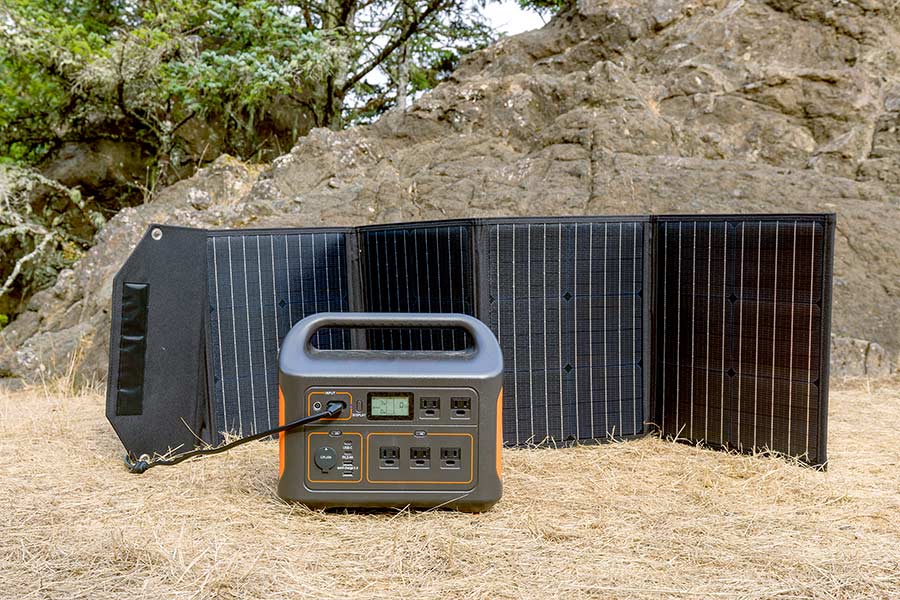
Ideas for Alternative Power Sources in National Parks
Camping often brings us to remote locations where generators are the most common source of electricity. However, several alternatives to generators can be used when camping, providing clean, reliable power while minimizing our environmental impact. Here are some great options:
- Solar Panels: Solar panels require no fuel or maintenance while providing clean energy. They work best in sunny locations and can provide enough electricity to power small appliances and charge devices.
- Wind Turbines: By harvesting wind energy, wind turbines generate electricity with minimal environmental impact. These are especially useful for campers located where there are strong winds.
- Battery Packs: Battery packs come in all shapes and sizes and allow people to store energy from sources such as solar panels or portable generators for later use.
Using any of these alternative power sources is an effective way to keep your camping trip powered up.
Quiet as a Mouse
Generators are a great power source for camping trips but can be noisy and annoying to other campground visitors. Thankfully, several noise-reduction techniques can help muffle generator noise while also conserving fuel.
Additionally, solar generators and other alternative energy sources provide clean electricity without requiring any fuel or maintenance. So whether you’re looking for a way to power your next camping trip or just want to keep the peace with your neighbors, these tips should help you find the perfect solution for powering up in nature!


